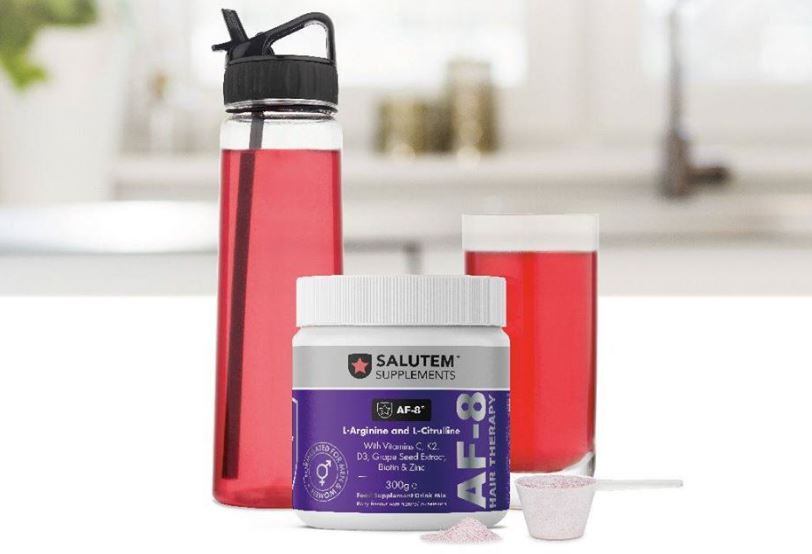Researchers from Japan said 240mg of bilberry extract could reduce tonic accommodation of ciliary muscle caused by visual display terminal (VDT) tasks and near-vision tasks. VDT devices include computers, smartphones and tablets.
Prolong usage of VDT may cause the eye muscles to become fatigue and experience tension, making focus adjustment difficult. Some symptoms experienced include ocular fatigue and pain.
According to the researchers, this current study, “is one of the large-scale randomised, doubleblind, placebo-controlled clinical trials concerning ocular fatigue that have been conducted in recent years.”
This study was supported by funding from Japanese nutraceutical company, Omnica Co., Ltd.
Human clinical trial
A total of 109 healthy individuals (20–60 years) with ocular fatigue were recruited and randomised into two groups, test (n=55) and placebo (n=54).
The test group was administered a hard capsule containing 240 mg of bilberry extract, while the placebo group was administered a control capsule without the extract.
Subjects were told to consume the test or placebo food once daily for 12 weeks, on an empty stomach before breakfast or lunch.
Tests were performed before and after VDT tasks at week 0, 4, 8, and 12, with high-frequency component (HFC)-1 value as the outcome.
The VDT task was playing a game on a smartphone (Tetris).
Subjects blood, urine and body measurements were also collected before and after the start of the trial to assess safety.
Eight-weeks effect
The results showed that HFC-1 values at weeks 8 (p=0.014) and 12 (p=0.017) were significantly improved in the test group compared to the placebo group.
There were also no adverse effects observed during the safety assessment.
This finding suggest that bilberry extract could be used to suppress the tonic accommodation of ciliary muscles in response to VDT load.
Bilberry (Vaccinium myrtillus L.) contain anthocyanins which is a highly soluble antioxidant with a flavylium ion structure. It is found in the ocular tissues and suppresses various inflammatory factors in the body. For this reason, bilberry extract is often used as a component of functional foods.
“Because it is possible that anthocyanins migrate and are distributed from the blood to the ciliary muscle, they can suppress and relieve the tension in the ciliary muscle, thereby potentially reducing ocular fatigue,” researchers explained.
While effects could be seen at eight weeks, they acknowledged that prolonged periods of supplementation may not necessary further improve the existing condition: “The observable effects from weeks 8 to 12 of bilberry extract consumption indicate that 12 week long-term consumption of SBE would not attenuate its efficacy.”
Source: Nutrients
doi:10.3390/nu12030600
“A 12-Week-Long Intake of Bilberry Extract (Vaccinium myrtillus L.) Improved Objective Findings of Ciliary Muscle Contraction of the Eye: A Randomized, Double-Blind, Placebo-Controlled, Parallel-Group Comparison Trial”
Authors: Marie Kosehira, et al.




